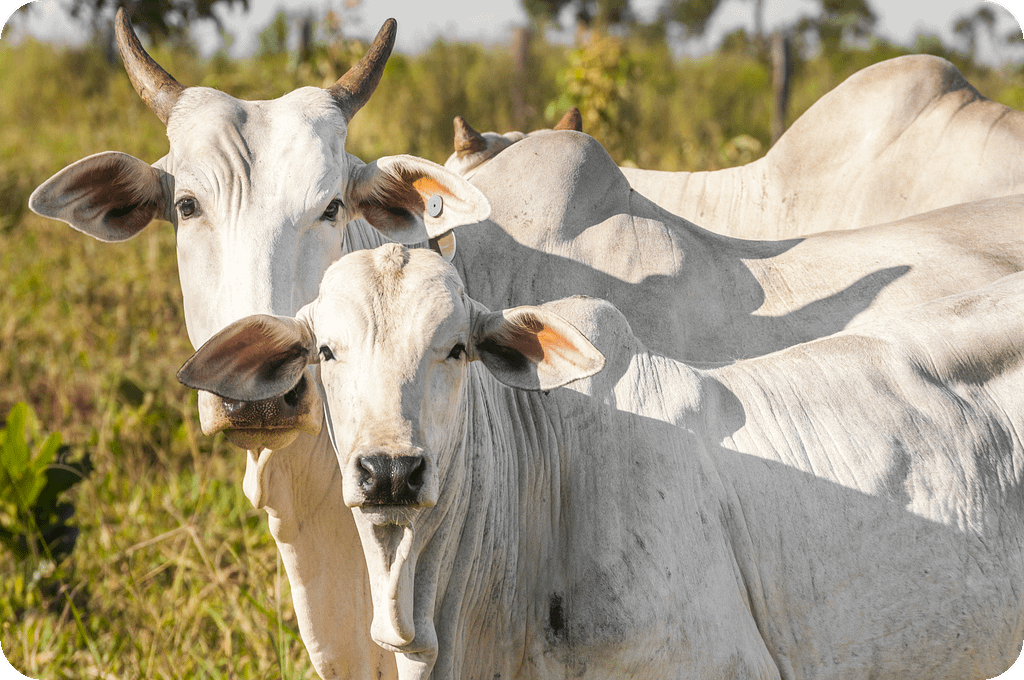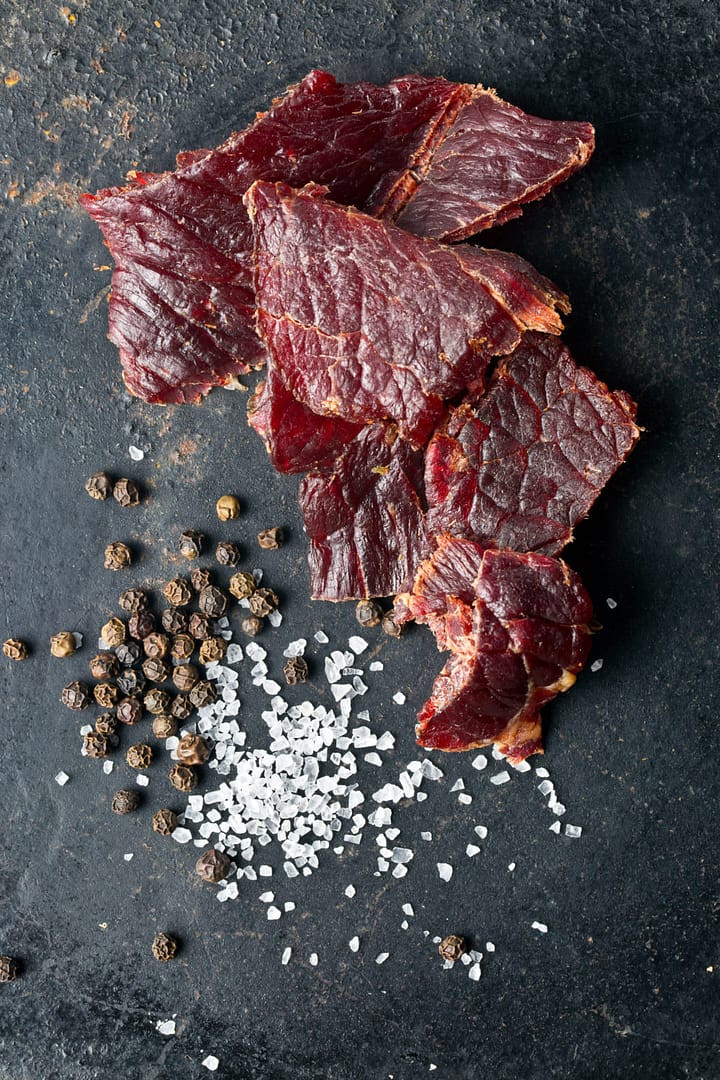Blackfella Beef
The Western Kangoulu People, University of Southern Queensland (USQ) and Meat & Livestock Australia (MLA) through the MLA Donor Company (MDC) – are collaborating to examine the desirability, feasibility and commercial viability of indigenous branded beef products and services – as well as the development of a supply chain strategy for such products.
About Us

This project will explore the potential for developing indigenous branded beef products and services to both the domestic and international market. The research will include understanding the opportunities for new beef products branded as ‘Blackfella Beef’ and the alignment with indigenous culture, business development and employment across the whole value chain.
The team will build relationships with indigenous cattle stations and with red meat businesses and service companies across the value chain to identify customers and markets that will support the brand and ensure consistent, quality and timely distribution of high value add beef products.
The Vision
The impetus for the project was an indigenous branded product concept – marketed as “BlackFella Beef – Murri Yuri” and developed by Growing Central Queensland (GCQ) and Western Kangoulu and Wangan Jagalingou Indigenous Groups. The indigenous team leading this project aim to establish long-term sustainable businesses through building a value chain to profitable markets.
- Common indigenous branding across disparate indigenous groups/communities across supply chain
- Strengthen the supply side of the beef value chain with improved property management.
- Increase employment for indigenous people throughout the supply chain
- Increase the number of indigenous social and profit making enterprises
- Improve education of indigenous people by increasing the number of food, agricultural and logistics scholarships at schools and universities to support the development of the beef value chain
- Increase indigenous entrepreneurial opportunities aligned with ‘Blackfella Beef’ for example in the tourism sector.
The Challenge
Indigenous red meat sales are generally commodity focused, and to date, options to brand a range of beef products have not been explored. Under the concept, indigenous groups will seek to leverage agricultural opportunities to build a business structure to support branded beef products. The project addresses three interrelated components of agricultural value chains and food systems:
- Insights into indigenous beef property management – including governance, logistics, supply chains, herd size and management, and natural and human resources.
- Building collaborative and enabling business services such as food processing, storage, transport logistics, and professional services.
- Creating ‘pathways’ and standards with indigenous companies and partners to ensure domestic and international customers receive consistent, reliable and high quality indigenous branded beef products and services
In the first stage, the team, using design thinking methods validate the value propositions – beef products and services. Once beef product and service options and potential customers have been validated and prioritised, the research team will undertake a more detailed analysis of each option. This analysis will include assessing WK herds and aligned businesses with a focus on understanding their connectivity, interdependence and unique characteristics of WKs potential value chains. Then the team will develop the indigenous beef value chain model that can be rolled out for other regions in Australia
Outcomes
- Indigenous beef properties and indigenous food businesses in Central Queensland engaged in developing branded beef products for domestic and international markets.
- A report with insight stories about indigenous beef opportunities
- Improved knowledge about indigenous beef opportunities and domestic and international customers value chains and channels for exporting red meat products.
- Identification of current gaps in knowledge and recommendations on the direction and focus of future research.
